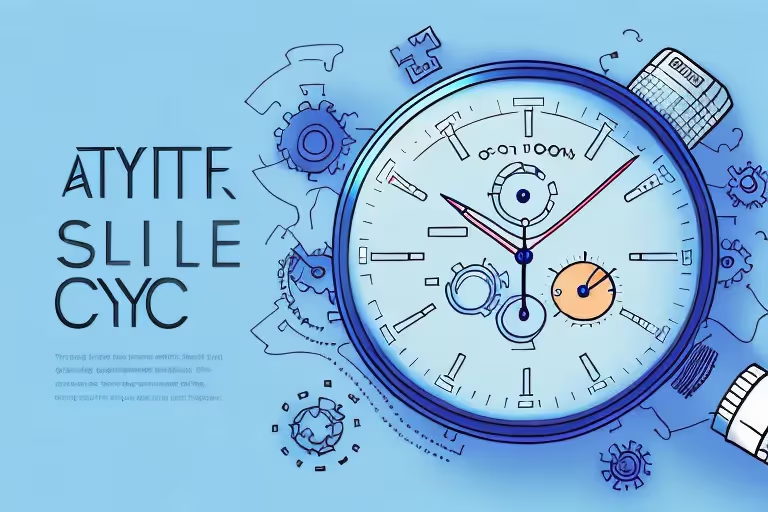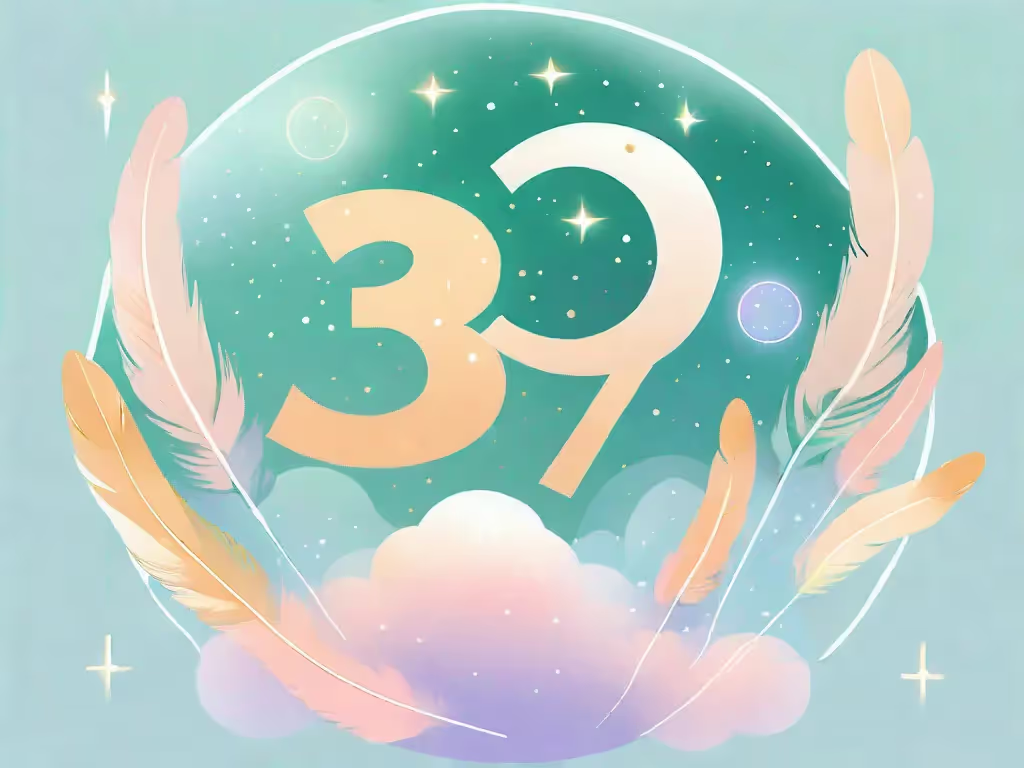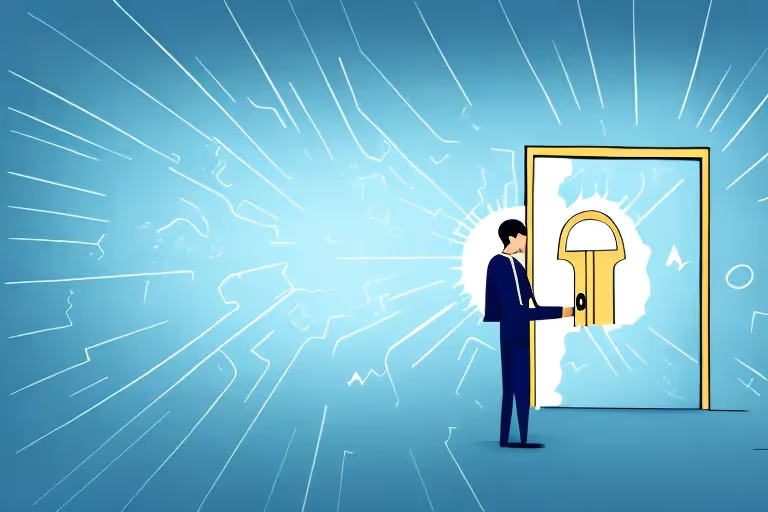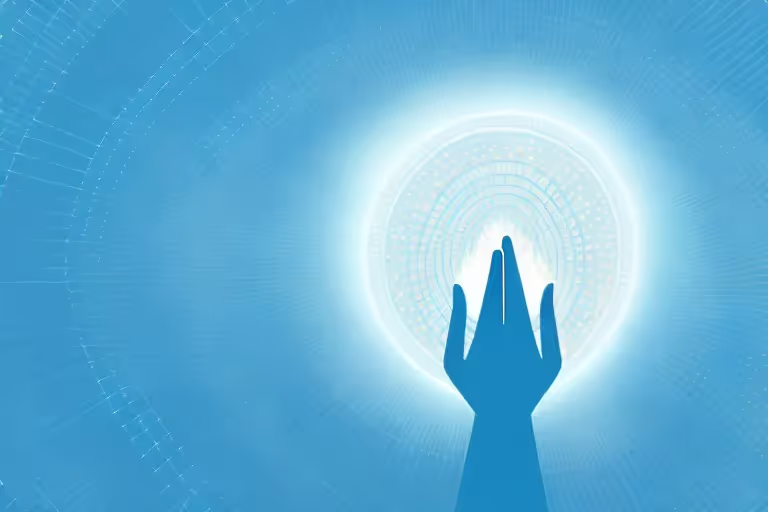If you suffer from anxiety, you may have been prescribed Zoloft by your doctor. Zoloft is a commonly prescribed medication that belongs to a class of drugs known as selective serotonin reuptake inhibitors (SSRIs). It is used to treat various mental health conditions, including anxiety disorders, depression, and obsessive-compulsive disorder (OCD). One important factor that can influence the effectiveness of Zoloft is the time of day it is taken. In this article, we will explore the best time of day to take Zoloft for anxiety, taking into account factors such as its mechanism of action and potential side effects.
Understanding Zoloft and Its Uses
What is Zoloft?
Zoloft, also known by its generic name sertraline, is an antidepressant medication that works by increasing the levels of serotonin in the brain. Serotonin is a neurotransmitter that plays a key role in regulating mood, sleep, and appetite. By increasing serotonin levels, Zoloft helps to alleviate symptoms of anxiety and depression.
How Does Zoloft Work?
Zoloft works by blocking the reuptake of serotonin, which means that it prevents the brain from absorbing serotonin too quickly. This allows for higher levels of serotonin to be available in the brain, which can help regulate mood and reduce anxiety symptoms.
Common Uses of Zoloft
Zoloft is commonly prescribed to treat a range of mental health conditions, including anxiety disorders such as generalized anxiety disorder (GAD), panic disorder, social anxiety disorder, and post-traumatic stress disorder (PTSD). Additionally, Zoloft is used to treat depression and obsessive-compulsive disorder (OCD).
Generalized anxiety disorder (GAD) is a condition characterized by excessive and uncontrollable worry about various aspects of life. People with GAD often experience physical symptoms such as restlessness, fatigue, difficulty concentrating, and muscle tension. Zoloft can help alleviate these symptoms by increasing serotonin levels in the brain, promoting a sense of calm and reducing anxiety.
Panic disorder is another anxiety disorder that is characterized by recurrent and unexpected panic attacks. These attacks are often accompanied by intense physical symptoms such as heart palpitations, shortness of breath, and chest pain. Zoloft can be effective in reducing the frequency and severity of panic attacks by regulating serotonin levels in the brain.
Social anxiety disorder, also known as social phobia, is a condition in which individuals have an intense fear of social situations. They may feel extremely self-conscious and worry about being judged or embarrassed. Zoloft can help manage social anxiety by increasing serotonin levels and reducing the fear and anxiety associated with social interactions.
Post-traumatic stress disorder (PTSD) is a mental health condition that can develop after experiencing or witnessing a traumatic event. Symptoms of PTSD include flashbacks, nightmares, intrusive thoughts, and heightened anxiety. Zoloft can be prescribed to individuals with PTSD to help alleviate these symptoms and improve overall well-being.
In addition to treating anxiety disorders, Zoloft is also commonly used in the treatment of depression. Depression is a mood disorder characterized by persistent feelings of sadness, hopelessness, and a loss of interest in activities. Zoloft works by increasing serotonin levels in the brain, which can help regulate mood and alleviate depressive symptoms.
Obsessive-compulsive disorder (OCD) is a mental health condition that causes individuals to have recurring thoughts (obsessions) and engage in repetitive behaviors (compulsions) in an attempt to alleviate anxiety. Zoloft can be effective in reducing the frequency and intensity of obsessive thoughts and compulsive behaviors, allowing individuals with OCD to better manage their symptoms and improve their quality of life.
It is important to note that Zoloft should only be taken under the guidance and supervision of a healthcare professional. They will determine the appropriate dosage and duration of treatment based on an individual's specific needs and medical history. It is also important to follow the prescribed treatment plan and attend regular follow-up appointments to monitor the effectiveness of the medication.
The Importance of Timing When Taking Zoloft
How the Body Processes Zoloft
When Zoloft is ingested, it is absorbed into the bloodstream and metabolized by the liver. The liver breaks down the medication into its active form, which can then be utilized by the body. The time it takes for the body to fully process Zoloft can vary from person to person.
It is worth noting that the rate at which Zoloft is metabolized can be influenced by various factors, such as age, liver function, and the presence of other medications in the body. For example, individuals with liver impairment may take longer to process Zoloft, leading to a slower onset of therapeutic effects.
Furthermore, genetic variations can also play a role in the metabolism of Zoloft. Certain individuals may have specific enzymes that process the medication more rapidly or slowly, affecting the overall timing of its effects.
The Impact of Zoloft on Sleep Patterns
One important consideration when determining the best time to take Zoloft is its impact on sleep patterns. Some individuals may experience insomnia or difficulty falling asleep when taking Zoloft. If this is the case, taking the medication in the morning may be preferable to avoid disrupting sleep.
Studies have shown that Zoloft can affect the levels of certain neurotransmitters in the brain, such as serotonin, which play a role in regulating sleep. By taking Zoloft in the morning, individuals may minimize the potential disruption to their sleep patterns, as the medication's effects may have worn off by bedtime.
However, it is important to note that not everyone experiences sleep disturbances when taking Zoloft. Some individuals may find that the medication has a calming effect and actually improves their sleep quality. In such cases, taking Zoloft in the evening may be more beneficial, as it can help promote a restful night's sleep.
Ultimately, finding the optimal timing for taking Zoloft requires individualized consideration. It is recommended to consult with a healthcare professional who can assess your specific situation and provide personalized guidance on when to take the medication.
Determining the Best Time to Take Zoloft for Anxiety
Morning vs. Evening: Pros and Cons
The optimal time to take Zoloft may vary depending on individual factors and preferences. Taking Zoloft in the morning can help facilitate better sleep for those who experience insomnia as a side effect. However, taking Zoloft in the evening may be more suitable for individuals who experience drowsiness or fatigue during the day.
Personal Factors to Consider
When deciding on the best time to take Zoloft, it is important to consider your personal schedule and routine. Choose a time that is convenient and easy to remember, such as with breakfast or dinner. Consistency is key, as taking Zoloft at the same time each day can help maintain steady levels of the medication in your system.
Tips for Taking Zoloft Effectively
Consistency is Key
To ensure maximum efficacy, it is important to take Zoloft as prescribed by your doctor and at the same time each day. This helps to maintain a consistent level of the medication in your system, which is crucial for managing anxiety symptoms.
What to Do If You Miss a Dose
If you accidentally miss a dose of Zoloft, take it as soon as you remember. However, if it is close to the time for your next dose, skip the missed dose and continue with your regular dosing schedule. Do not double up on doses to make up for a missed one.
Potential Side Effects of Zoloft
Common Side Effects
Like any medication, Zoloft can potentially cause side effects. Common side effects of Zoloft include nausea, diarrhea, headache, dizziness, dry mouth, and sweating. These side effects are usually temporary and subside as your body adjusts to the medication.
When to Seek Medical Attention
In rare cases, Zoloft may cause more serious side effects that require immediate medical attention. These can include severe allergic reactions, suicidal thoughts, hallucinations, unusual bleeding or bruising, and seizures. If you experience any of these symptoms, contact your healthcare provider immediately.
In conclusion, the best time of day to take Zoloft for anxiety may vary from person to person. Factors such as individual preferences, sleep patterns, and personal schedules should be taken into account when deciding on the optimal dosing time. It is important to follow your doctor's instructions and take the medication consistently to effectively manage your anxiety symptoms. By working closely with your healthcare provider, you can determine the best time for you to take Zoloft and achieve the desired therapeutic effects.
Remember, managing anxiety involves more than just medication. The Aura Health App is a valuable tool that can complement your treatment plan. With its guided meditations, mood tracking, and anxiety relief exercises, the app can help you develop healthy coping strategies and achieve a greater sense of calm and well-being. Give it a try and unlock the benefits of incorporating mindfulness and relaxation techniques into your daily routine.
Aura is Your All In One App for Meditation, Mindfulness Wellbeing
Find peace every day with one app for your whole well-being. There is no one-size-fits-all solution to mental well-being. Aura is the first all-in-one wellness app that learns how to best help you. Discover an endless library of expert-created tracks for your well-being, all taught by the world’s best coaches, therapists, and storytellers. With Aura's personalized recommendations, you can find peace every morning, day and night.



.webp)





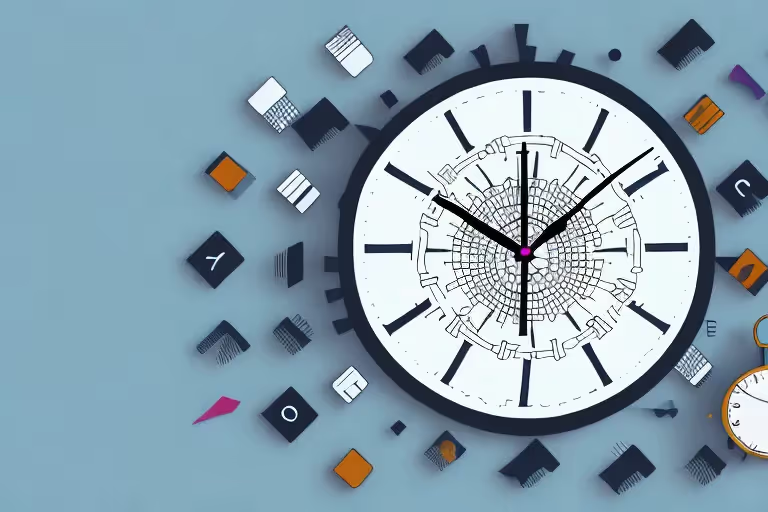
.avif)

%20(1).avif)


.avif)
.avif)
.webp)


.avif)


















































































































.avif)

















.svg)
